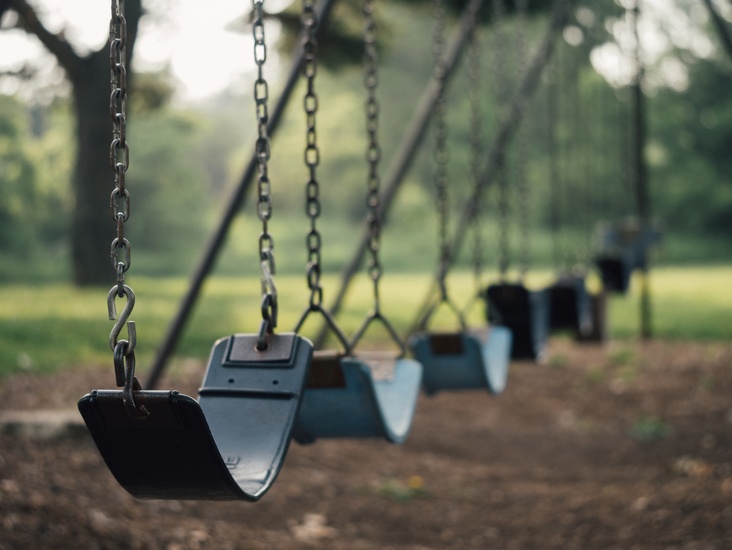Bullying starts before three-years-old. Yes, it sounds extreme… and the bullying isn’t on the same level as some middle school girls in action, but it happens. When my daughter came home from school (or daycare depending on who you talk to) one day – I was shocked!
“Brooke told me I can’t be her friend,” she said.
The next day it was, “Ashley said Brooke can’t play with us.”
I didn’t know I had to start the whole how to deal with “mean girls” talk so early, but I did. I also had to make sure my little one wasn’t saying these same things to other girls in her class. Monkey see, monkey do right?
The first thing I did was talk about feelings – what words makes people feel happy or sad and how we would feel if someone said those words to mommy or daddy or even to ourselves. Obviously the “treat other people the way you wanted to be treated” cliche is golden, but let’s be real – many adults don’t even do this, so how are we going to expect our toddlers to?!
I want to make sure my kids aren’t participating in the bullying and I want to make sure they aren’t being bullied either. It sounds weird, but the same actions actually prevent both. So, how do you prevent your child from being that child? The bully and the one being bullied? Well, I kind-of mentioned it already with feelings, but let me break it down:
- Teach kids to respect others. You can do this is a variety of ways like, pointing out how neat and cool everyone’s differences are. Make it sound like something that is good (because it is) and not something that is different in a bad way. I’m a big reader, so I think finding books that have the message of differences and respect or positive experiences in a group of kids is always a teaching tool. I think the most important way to teach kids anything, especially when it comes to how your child treats others is to lead by example. Actions speak louder than words, so show your kids how to use those magic words, how to be friendly to others, and even how to react to negative words or behavior.
- Talk about preventing it. I think this is a great thing to do because it’s bound to happen, so why not be prepared? Teach you child how to stick up for himself or herself. In my experience, this is the biggest challenge. Instead of backing down and taking it or crying, let your child know it’s okay to tell an adult or to say, “That’s not nice. Stop it. Don’t do that.” And because actions speak louder than words, show your child how to handle the situation by role-playing at home.
- Take action. Make sure you child knows it’s okay to get involved to stick up for a friend who may be bullied. You’d want another child to do it for yours, and your child would want the same if he or she was feeling victimized by another peer. Plus, kids listen to kids. A lesson from a peer may mean more than a lesson from a teacher or parent. Also, let your child know it’s okay to tell another adult. There are no “tattle-tellers” here.
So parents, your job is to talk to your child. If you don’t, how are you going to know what’s happened. Instead of saying, “Did you have a good day today?” ask an open-ended question like “What did you do at school today?” Keeping an open line of communication with your little ones is key to both preventing and solving the issue… that apparently starts early.

